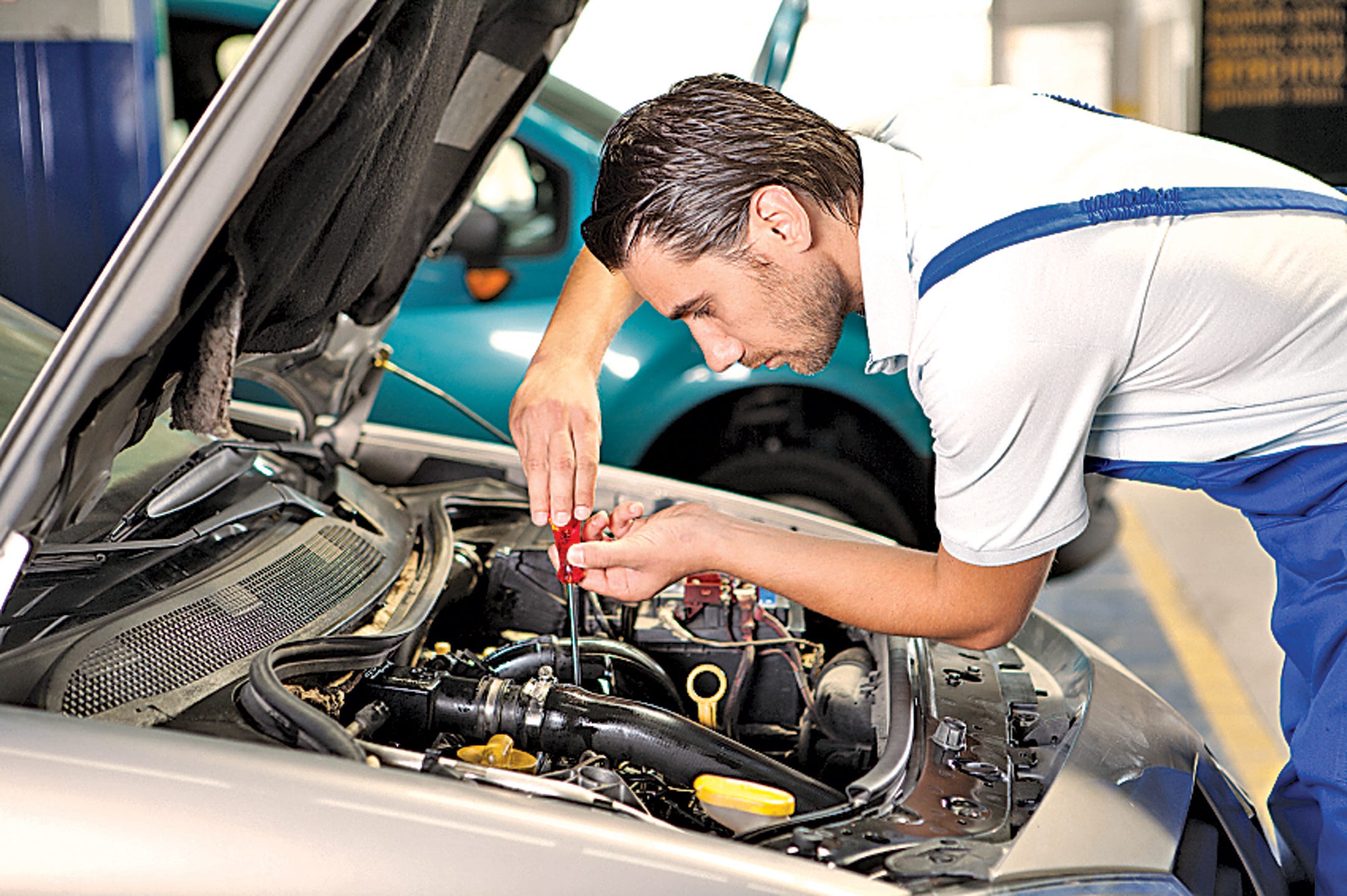Get Your Car Repair Questions Answered Here
Auto repair is a topic in which many people are not very knowledgeable. Therefore, they usually turn to professional auto repair shops and mechanics. Although these professionals can help fix any problems your car is having, they often come at a hefty price. Because of this, you need to know some basic advice on how to select the best shops and mechanics that will do the best job at the lowest cost. You also need to know how to resolve small issues yourself so that you do not spend your hard-earned money when it is not necessary. Thankfully, this article is here to help.
There are many how-to videos that you can turn to for auto repairs. Everything from a simple tire change to changing your fuel filter can be found in video form. These videos will take you through each step in making the repair and will save you the time and the cost of taking it to a mechanic.
Get OEM components. These parts are directly from the manufacturer of your vehicle. Although using generic parts may provide some short-term savings, it's impossible to know whether or not they'll hold up as well as OEM parts. A cheap, generic part is less of a bargain if it only lasts half as long as an OEM part would.
Keep well-organized records on your car. You should have readily available records of everything in regards to maintaining your car when seeing a mechanic. Well-organized records can help them diagnose an issue correctly the first time. Unorganized records may lead to repeat repairs and lots of wasted money and time.
Check your tire pressure regularly. Tires with a low pressure are a very dangerous liability. Check the pressure in your tires at least once a month or anytime you notice a tire seems to be losing air. Invest in new quality tires if you often have to adjust the pressure in your tires.
Always exercise the highest level of caution when working with your car's fuel system. Never work around fuel tanks, fuel lines or pumps with sources of ignition such as cigarettes or anything that could produce a spark. Wipe up any fuel spills immediately, and protect yourself by wearing fuel-resistant gloves and eyewear.
Although the dealer for your car's make may provide the highest expertise when it comes to repair service, it may not always be the most cost effective choice. Many independent car repair shops have technicians that formerly worked at dealerships and are factory trained. You may be able to save a good amount by choosing an independent shop over the dealer, without a loss of quality.
Wash and wax your car on a fairly regular basis. This will prevent it from becoming eroded. Many people go get paint jobs to cover the process of erosion. You can avoid having to pay for this if you make sure that your car is very well taken care of.
Look to the Better Business Bureau and local consumer advocate groups for more information on the auto repair shop you are considering. You'll want to search everywhere for potential knowledge on this service center before you plop down the big bucks on a costly repair. Often these organizations will have a lot of great intelligence for you to consider.
Ask about the warranties associated with any new parts going into your car. Most new parts will include a warranty. If something goes wrong with that part after the repair, you'll be covered for the replacement. Know how long the warranty is good for and if there are any stipulations tied to it.
Try to find a shop that has gone out of their way to become certified by various agencies. These certifications tell you that they meet a high standard of excellence when it comes to repairing vehicles. Do remember, however, that this is not the only thing that you need to consider.
Always get your timing belt repaired at the proper time, according to your tune-up schedule. A timing belt going out can cause major engine damage, leading to much bigger repairs. Those repairs can run into the thousands of dollars, so don't ignore that timing belt - you may be sorry if you do!
Learn the basics in your car repair manual. Even if you do not plan on doing the repair yourself, learning the basics about your car can help you pinpoint problems quickly. This can help you save money when taking it to a mechanic. You can tell the technician what you think the problem is, saving on labor costs diagnosing the problem.
You should now be aware of basic tips on auto repair. You can now make smarter decisions on auto repair shops, and resolve any small issues on your own so that you can save your money. Utilize these tips, and you will be surprised at the results you will obtain.

